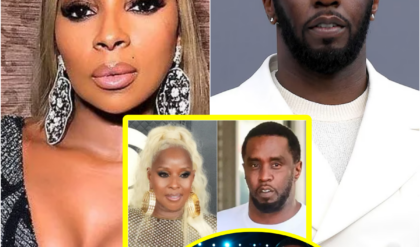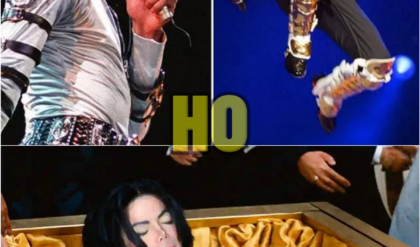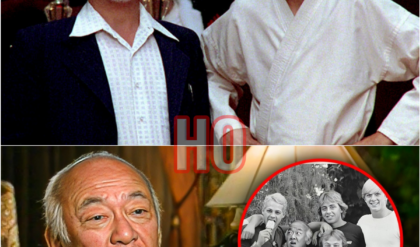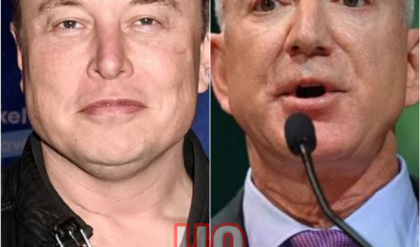In an era where Hollywood churns out superheroes and larger-than-life characters, few actors have managed to leave an indelible mark on the concept of the modern-day hero quite like Henry Cavill. From his portrayal of Superman to his iconic role as Geralt of Rivia in The Witcher, Cavill has consistently redefined the classic leading man archetype, bringing depth, vulnerability, and raw physicality to roles that, in less capable hands, could have easily fallen into cliché.

A Hero in Transition: Cavill’s Superman
Cavill’s career took flight when he donned the red cape as Superman in 2013’s Man of Steel, directed by Zack Snyder. His version of Superman wasn’t the infallible beacon of perfection seen in previous iterations but rather a conflicted, deeply introspective figure grappling with the weight of his powers and his place in a world that both feared and revered him. This portrayal was a departure from the invincible superhero norm, offering audiences a hero who, despite his extraterrestrial origins, was intensely human in his emotional complexity.

Cavill’s Superman challenged the notion of invulnerability, showing that even the mightiest hero can be vulnerable—emotionally if not physically. This nuanced approach earned him praise not just for the physical transformation he underwent for the role but for injecting the iconic character with an internal struggle that resonated with a new generation of fans.

Embodying the Reluctant Hero: Geralt of Rivia
If Cavill’s Superman brought a new depth to the superhero genre, his portrayal of Geralt of Rivia in Netflix’s The Witcher showcased his ability to master the role of the reluctant hero. As Geralt, Cavill imbues the character with a quiet, simmering intensity. Geralt is no stranger to conflict, both external and internal. While the world around him demands violence, Geralt frequently finds himself wrestling with his moral compass and the ethical consequences of his actions.

Cavill’s physicality once again became a key aspect of his portrayal, with his impressive fight choreography making Geralt’s swordsmanship a visual spectacle. Yet it was the subtleties of his performance—the piercing stares, the gruff dialogue, and the flashes of empathy beneath the grizzled exterior—that made Geralt so compelling. Here was a hero who didn’t seek the mantle of “savior” but instead bore the weight of his role with weary resignation, a contrast to the idealistic superheroes of the past.

Redefining Masculinity on Screen
What makes Cavill’s portrayals stand out is how he redefines masculinity in his roles. Far from the stoic, emotionally distant heroes of yesteryear, his characters are multifaceted, capable of tenderness and introspection alongside their physical prowess. Cavill’s heroes aren’t driven purely by power or dominance; they are complex individuals motivated by personal codes of honor, empathy, and an understanding of their own imperfections.

This evolution of the leading man reflects broader shifts in modern culture. Audiences no longer resonate with the flawless hero—they crave characters who reflect the struggles and challenges of real life. Cavill’s performances tap into this desire for authenticity, presenting heroes who, despite their strength, grapple with doubt, vulnerability, and inner conflict.

Off-Screen Authenticity
Cavill’s off-screen persona only strengthens his on-screen characters. Known for his passion for gaming, especially his love for The Witcher series, Cavill’s dedication to understanding the characters he portrays translates into performances that feel genuine. His commitment to staying true to the source material in The Witcher is not just a testament to his professionalism but a reflection of his respect for the stories and fans alike.

Moreover, Cavill’s openness about his own insecurities, such as admitting to being self-critical about his physique and worrying about not meeting expectations, adds another layer to his redefinition of the modern hero. In a time when mental health and self-awareness are more openly discussed, Cavill’s willingness to show vulnerability both on and off-screen sets him apart from traditional Hollywood tough guys.

The Legacy of a New Leading Man
Henry Cavill has redefined what it means to be a leading man in modern cinema. His roles reflect the complexity of human experience—strength tempered by vulnerability, power balanced with empathy. Whether he’s soaring across the screen as Superman or slicing through foes as Geralt, Cavill’s characters are far more than just action heroes; they are flawed, layered, and relatable.

In doing so, Cavill has carved out a unique niche for himself, one that challenges outdated notions of masculinity and heroism. By embracing both the physical and emotional complexities of his characters, he has paved the way for a new generation of leading men who are as vulnerable as they are powerful—heroes who can stand tall not only because of their strength but because of their humanity.

As Hollywood continues to evolve, Cavill’s impact on the portrayal of male heroes will undoubtedly endure, leaving a lasting legacy of characters who, much like him, are anything but one-dimensional.





